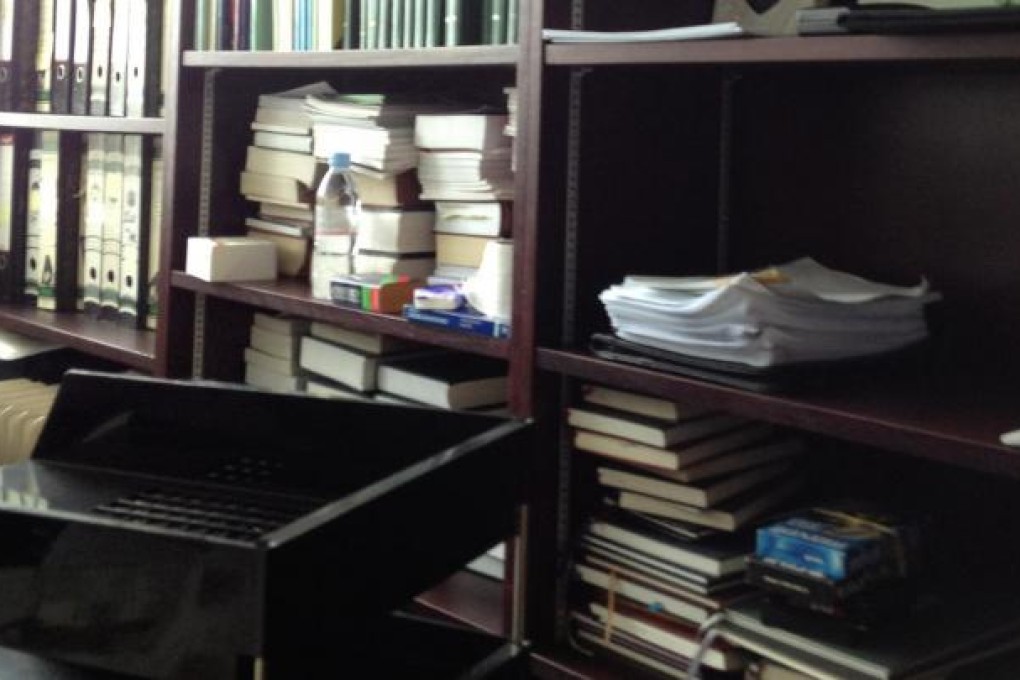HKU criticised for moving staff into building site
University guilty of bad practice, warns green building expert, as fears remain over health hazards

Health hazards plaguing the University of Hong Kong's new campus could damage its hopes of having the development win top-level green building status, experts say.
The university has faced mounting pressure over its decision to move staff into its Centennial Campus before its completion, exposing them to high levels of legionella bacteria and the carcinogen formaldehyde.
The development was to be submitted to Hong Kong's Green Building Council and the equivalent body in the United States, according to the university's sustainability report last year, but experts say the health concerns make it likely the building would not get a high green grading.
Agnes Ng, a director of the Hong Kong Green Building Council, warned: "It's a very bad practice to move in people before the completion of construction works as it will put their health at risk."
She said the university would have to explain how it had isolated the working environment from construction areas.
The South China Morning Post reported yesterday that staff at the new campus had suffered skin rashes, headaches, irritated eyes, sore throats and diarrhoea. Some staff had asked to work from home.